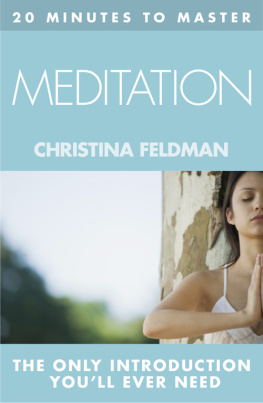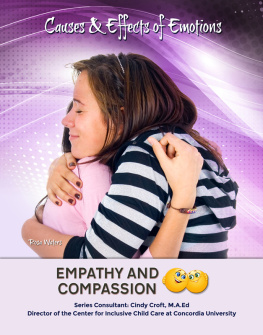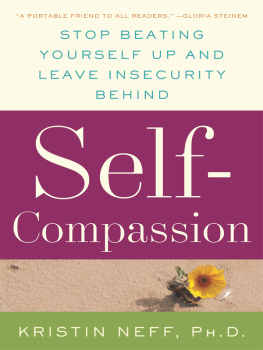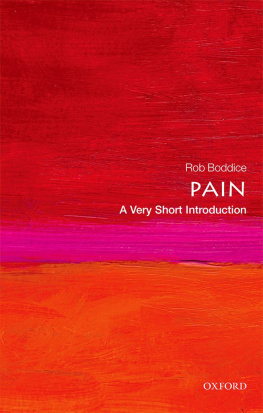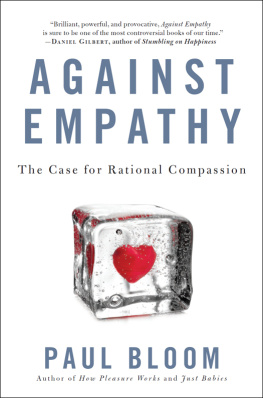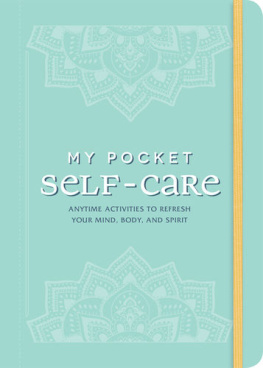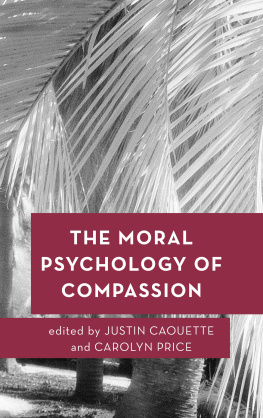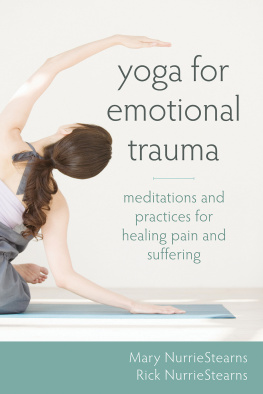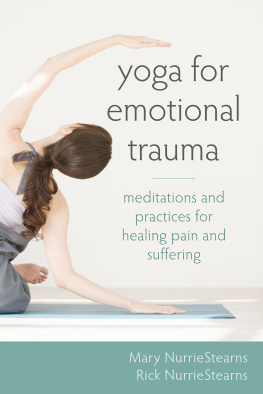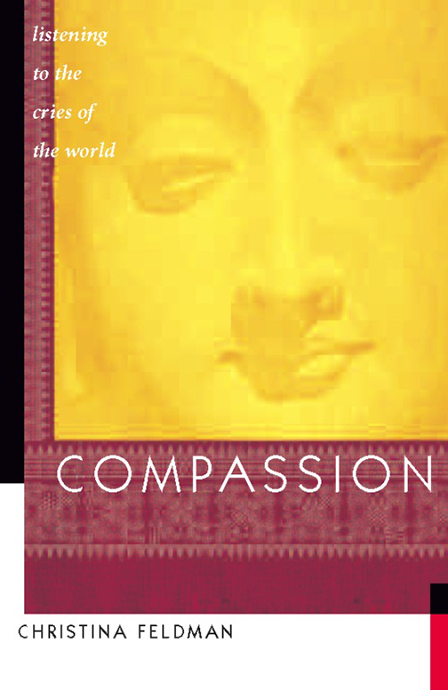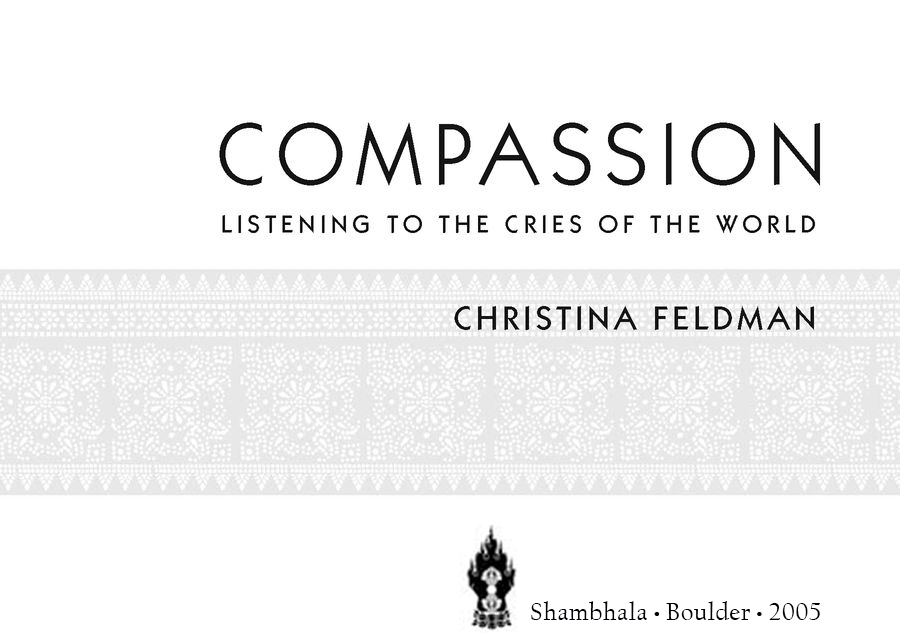Table of Contents
Praise for Compassion
An in-depth and engaging study of compassion that will inspire a heartfelt life.
Martine Batchelor, author of Meditation for Life
and The Path of Compassion
Compassion is an invaluable help for anyone who wants to make this a better world, both for others and in ones heart. Guiding us with clarity, vision, and lovingkindness, Christina Fieldman reveals a path that takes us beyond sorrow and frustration to genuine freedom.
Sharon Salzberg, author of Lovingkindness
This informative and wide-ranging exploration of the practice of compassion will help open your eyes to the worlds pain in such a way that you can learn to respond to it from the depths of your heart.
Stephen Batchelor, author of Buddhism Without Beliefs and Living with the Devil
Christina Feldmans book inspires us with the importance of practicing compassion. And what could be more important than having compassion for self and others in the tumultuous world in which we live? Savor this book slowly. To do so will change your life.
Judith Hanson Lasater, Ph.D., P.T.,
author of 30 Essential Yoga Poses
By Christina Feldman
Silence: How to Find Inner Peace in a Busy World (2003)
Woman Awake: Women Practicing Buddhism (2005)
Compassion: Listening to the Cries of the World (2005)
Acknowledgments
MY OWN JOURNEY to understanding the nature of compassion began in the early 1970s, when I lived among a community of Tibetan refugees. Each day I saw people whose lives had been devastated and yet who lived without bitterness or hatred.
To my earliest teacher, Geshe Rabten, and to all of his teachers, I owe an immense debt of gratitude. His teachings on compassion as being the beginning and the end of the spiritual path touched me profoundly.
The many teachers I have had the privilege of listening to throughout the years echoed the same message. I bow to them all.
I am grateful to the many dharma friends and colleagues in my life, who have touched me with their compassion and their love of awakening. They inspire me, delight me, and move me with their dedication to contributing in whatever way they can to bring about the end of sorrow.
I am grateful to my family for their love and support.
No path and no book is brought to completion without a wide circle of support, inspiration, and care. My thanks to my publishers and Linda Cogozzo, for their great attention to detail and their commitment to bringing this book into being.
Introduction
A YOUNG NUN was arrested at midnight and placed in a prison for the next six months.Twice a week she was taken from her cell, blindfolded, bound, and interrogated. Beaten and tortured, she said,
To stay alive, I meditated on peace and nonviolence every possible moment that I could. I tried my hardest to think of His Holiness the Dalai Lama and of peace for all humankind. Again and again, I meditated on my prayers. I did not feel particularly sad or angry. If the police noticed my lips moving, they told me to stop or I would be punished further. So I whispered my prayers secretly, barely moving my lips at all.
A group of us celebrated the Dalai Lama birthday in prison by singing traditional Tibetan songs. As punishment for this action, the Chinese guards put me in an ice house and removed my clothing for three days. Then the beatings resumed and they went on and on for weeks. My prayers for peace and nonviolence also went on and on, with even greater intensity.
When we hear stories of unimaginable suffering that are met with remarkable human courage and compassion, we are often left feeling skeptical or bewildered. We may be tempted to see these people as saints, possessed of qualities and powers inaccessible to us. But stories of great suffering are often stories of ordinary people that have found greatness of heart.We must not romanticize or idealize compassion. It is born of our willingness to meet pain rather than to run from it. Sometimes, compassion emerges in the darkest moments of life, when all doors of escape are closed and our hearts have turned to stone.
The Dalai Lama once said, If you want to know what compassion is, look deeply into the eyes of a mother as she cradles her sick and fevered child. The unconditional acceptance, patience, and forbearance you would find in her eyes are not unknown to any of us. The wish to bring pain to an end, to heal and be present for another person in their anguish are qualities we have all aspired to and embodied. You know the power of compassion. You have encountered moments when your walls of defense and resistance crumbled and profound compassion emerged, and your heart has been comforted and altered by the compassion, tenderness, and forgiveness you have received from others.
At every turn of life, we all face events and situations of pain and anguish that can at times feel unbearable, yet must be borne. The limits of our tolerance, forgiveness, and patience are constantly being tested. The images of cruelty and hatred delivered through newspapers and television sadden us and appall us in equal measure. As human beings, our capacity to experience pain is our common denominator. You may not personally find yourself in a perilous situation in which your life is endangered, yet pain and anguish are undeniable aspects of being alive. Every human journey has its stories of tragedy and loss, disappointment and fear.The experiences of frailty and pain in your body, the moments of emotional and psychological turmoil are inescapable. Colleagues may frustrate you, lovers betray you, children leave you, and you cant build walls powerful enough to protect you. Life cannot be controlled or predicted. In moments of pain, fear, anger, and the desire for self-protection are provoked to the surface. In those moments, you face a choiceyour heart can close, your mind recoil, and your body contract, or you can dive deeply inward to find and nurture the balance, resilience, and courage that allow you to deepen and care.
Compassion is not a quality to be cultivated in isolation, aloof from life. It is easy to be compassionate from a distance, when your heart is undisturbed.When you are surrounded by those who love and care for you, when you have built a world where pain is repressed or ignored, you can easily immerse yourself in thoughts of love and tolerance. Yet that is a fragile world, built on foundations that will always crumble. Compassion speaks of the willingness to engage with tragedy, loss, and pain. Its domain is not only the world of those you love and care for, but equally the people who threaten you, the countless people you dont know, the homeless person you meet on the street, and the situations of anger and hatred you recoil from. It is here that you learn about the depths of tolerance and understanding that are possible for each one of us. It is here that you learn about dignity, meaning, and greatness of heart.As a rabbinic text encourages us,in the places where there are no human beings, be one.
The great spiritual texts and teachers of the past and present tell us that compassion is the innate, natural condition of our hearts. The ultimate journey and skill of a human being is to discover how encompassing our hearts can be. Anger, hatred, and cruelty as well as kindness, forgiveness, and understanding live as possibilities within all our hearts. Our capacity to be a cause of suffering and our capacity to end suffering live side-by-side within us.The challenge and invitation of every human life is to discover the wisdom and compassion to nurture all that contributes to the end of suffering and the well-being of all who live. As much as the story of the human condition is the story of conflict and division, it is equally the story of joy and redemption. Outside the Holocaust memorial in Jerusalem, which bears witness to the murder and pain of millions, there runs a path flanked by carob trees. Beside each tree a small marker bears the name of a person who risked his or her life and safety to protect and rescue Jews. In the aftermath of the attack on the World Trade Center, thousands of unsung heroes came forth to offer food and support to the rescuers, comfort and aid to the bereaved. As Helen Keller once said, Although the world is full of suffering; it is also full of overcoming it.


